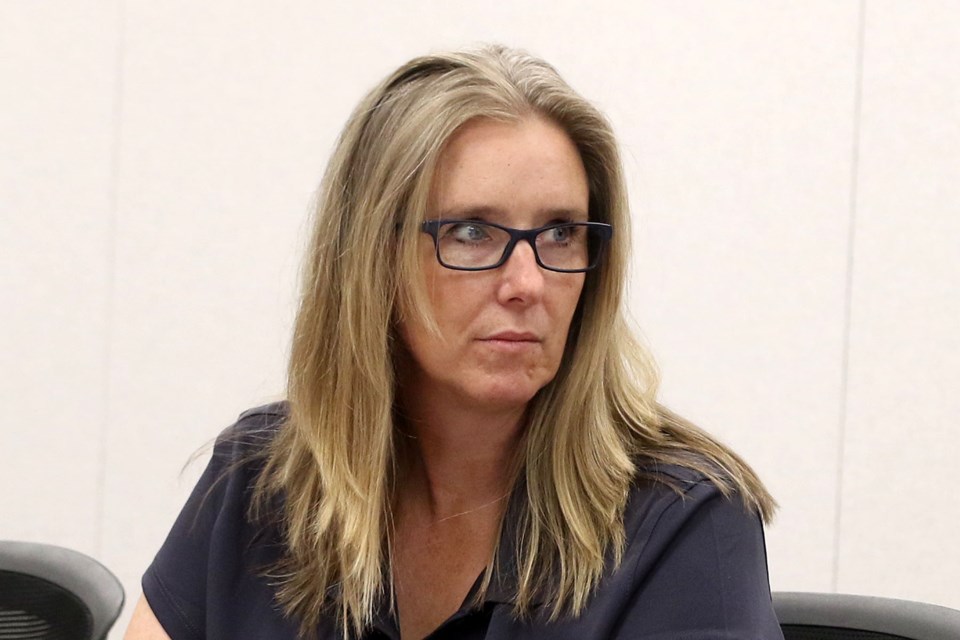THUNDER BAY — A Thunder Bay labour leader is welcoming the court ruling that quashed the Conservative government's Bill 124, but says the struggle to overturn the legislation is far from over.
Unifor Local 229 President Kari Jefford calls it "a big win" because "the fact that it was unconstitutional is exactly what we've been saying."
A Superior Court judge ruled Tuesday that the law capping wage hikes for Ontario public-sector workers at one per cent annually for three years violates collective bargaining rights under the Charter of Rights and Freedoms.
Jefford speaks for about 4,000 workers in Northwestern Ontario affected by Bill 124, including people employed in the health care, long-term care, child care and education sectors.
She said the decision is particularly good news for lower-earning Unifor members.
The Ford government has already announced its intention to appeal the ruling, but if it's upheld it will clear the way for various unions to pursue back pay totalling billions of dollars.
Jefford said unions in the health care and educator sectors have been battling the government over the legislation for almost four years.
"We will fight this 'til there's nothing left to fight," she said. "It's probably going to take a year or two to go through the appeal process, but we're going to be there and appeal it all the way to the Supreme Court of Canada."
She said Bill 124 has had, and continues to have, a "devastating" impact on workers.
"We're seeing members leave in droves to the private sector and right out of health care and education or public service altogether," Jefford said. "Those are gaps that we'll never recover from. It's important that we keep this fight up."
According to Jefford, hundreds of workers are at the point now where they have been forced to use food banks, "just to get through to their next paycheque," which indicates to her how Bill 124 has impacted the most vulnerable members of society.
"It's devastating," she said.
Jefford also maintained that numerous employers are equally frustrated with Bill 124 because it has impacted staffing.
"Specifically in the hospital and long-term care sector, they can't recruit and retain staff, and staff are moving all around – rightfully so – to find the highest pension and benefits packages that they can. And then we have agency providers who are big private-sector employers...using public dollars, and hospitals and LTC facilities are having to pay them three times what they would pay a permanent full-time worker, without being able to give them an increase. It's a huge problem, specifically in the North."
Thunder Bay's MPPs responded to the court ruling
TBnewswatch approached the two Thunder Bay area MPPs for a response to the court decision and its implications.
"We are reviewing the decision. Our intention is to appeal," MPP Kevin Holland (PC, Thunder Bay-Atikokan) said in a brief statement:
MPP Lise Vaugeois, (NDP, Thunder Bay-Superior North) described the ruling as a cause for celebration.
"We know [Bill 124] has caused an enormous exodus of people leaving nursing, for one thing, and can be directly tied to the crisis in health care," she said.
"But it's also affected teachers, police, conservation authorities, people in branches of social services. I believe it's 700,000 people it affects. And we've seen the outcome in that our public services have been crumbling."
The legislation, she said, has caused wage repression and is "a kick in the teeth" for people who have worked hard to maintain public systems.
In its submission to the court, the government had argued that there is no Charter violation because Bill 124 is time-limited and allows bargaining on non-monetary matters.
It also maintained the legislation was necessary to bring Ontario's finances under control without cutting services or raising taxes.
But the Superior Court Justice who heard the case found that the province's financial situation in 2019 when the bill was passed was not so serious as to justify infringing Charter rights.
